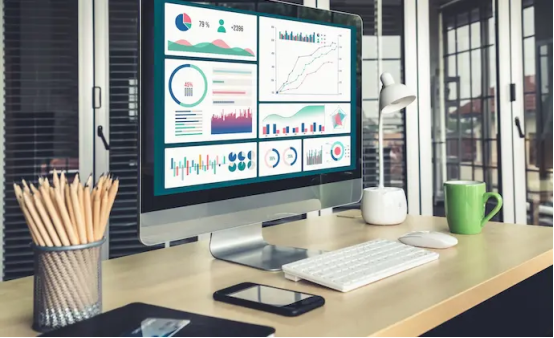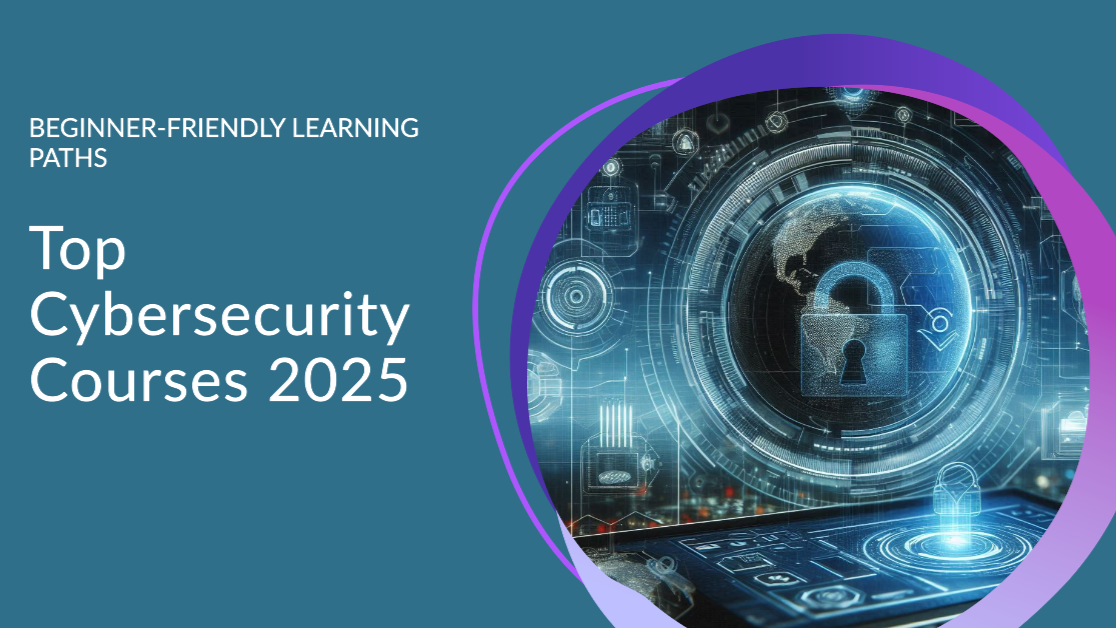Enhancing Productivity and Security with Computer Monitoring Software
As today’s business world continues to evolve, organizations are facing increasing difficulties in tracking employee productivity and safeguarding sensitive data. The surge in remote work has made it more challenging for managers to monitor performance accurately, while also exposing businesses to greater risks of data breaches and unauthorized access. With more employees working outside traditional office settings, secure data handling has become a pressing concern.
As today’s business world continues to evolve, organizations are facing increasing difficulties in tracking employee productivity and safeguarding sensitive data. The surge in remote work has made it more challenging for managers to monitor performance accurately, while also exposing businesses to greater risks of data breaches and unauthorized access. With more employees working outside traditional office settings, secure data handling has become a pressing concern.

To address these issues effectively, companies must adopt reliable solutions that not only ensure a secure digital environment but also support peak productivity. This article delves into how computer monitoring software serves as a key solution, improving both operational performance and cybersecurity.
Why Computer Monitoring Software Is Essential
In modern business operations, maintaining both efficiency and data protection is critical. Remote work has disrupted traditional oversight methods, leaving companies with fewer tools to measure productivity and greater vulnerability to cyberattacks such as phishing and ransomware. Remote employees often lack enterprise-level security infrastructure, making their systems easier targets for malicious actors.
Computer monitoring software bridges these gaps by offering visibility into employee activity and data access patterns. It helps businesses uncover inefficiencies, boost concentration, and optimize workflows. At the same time, it acts as a frontline defense against internal and external threats by tracking network behavior and detecting suspicious activity. As the remote workforce becomes the norm, integrating this software is essential for sustaining secure and efficient operations.
Core Functions of Robust Monitoring Software
- Live Activity Monitoring
Real-time tracking allows managers to observe employee actions as they occur. This not only provides clarity on work habits but also facilitates quick resolution of issues, improving process fluidity and responsiveness. - Data Protection and Access Control
One of the key benefits is the ability to monitor who is accessing what data and when. This ensures that confidential information is properly secured and helps prevent unauthorized access or data leaks, ensuring compliance with data security policies. - Workforce Productivity Insights
Comprehensive reporting tools help assess employee output and identify areas needing improvement. By analyzing patterns and trends, managers can make informed decisions that drive productivity and employee engagement. - Regulatory Compliance Features
Businesses in regulated industries must follow strict guidelines related to data use. Monitoring software with compliance functions ensures your operations stay within legal boundaries and supports audits, reducing the risk of fines and reputational harm.
By leveraging these capabilities, companies can strengthen both their cybersecurity posture and organizational efficiency, making monitoring software a vital investment for future-ready businesses.
Leading Monitoring Tools for Business Use
- Hubstaff
Hubstaff combines time tracking with monitoring features like screenshot capture, activity rate tracking, and GPS logs. It’s well-suited for distributed teams, offering insights into performance while simplifying workforce and billing management. Its flexible structure is ideal for businesses using freelancers or remote contractors. - ActivTrak
ActivTrak provides in-depth analytics on productivity, tracking software and website usage. It enables managers to establish performance goals and view real-time activity reports. Balancing oversight and privacy, it’s a strong choice for mid- to large-scale businesses aiming to boost team output without micromanaging. - Teramind
With a focus on both behavior monitoring and data loss prevention, Teramind is excellent for organizations handling critical information. It delivers actionable analytics and detects insider threats early, making it a preferred choice for security-conscious companies of all sizes. - Time Doctor
Time Doctor emphasizes efficient time management. Features include time tracking, project breakdowns, and distraction alerts. It seamlessly integrates with project management tools, making it perfect for teams needing structure and performance optimization. - Veriato
Veriato stands out with its deep behavioral analytics, helping organizations detect potential internal risks. While maintaining user privacy, it supports corporate security efforts and compliance needs. It’s particularly useful for large enterprises managing extensive digital operations.
Best Practices for Implementing Monitoring Software
To maximize the benefits of monitoring tools, businesses should follow a strategic implementation plan:
Define Clear Objectives
Start by setting measurable goals that align with broader business strategies, whether it's improving efficiency, tightening security, or both.
Communicate Transparently
Inform employees about why the software is being introduced and how it will benefit both the company and its staff. Transparency builds trust and reduces resistance.
Involve Team Members
Include employees in discussions about the rollout to address any privacy or workflow concerns. Their input can lead to smoother adoption.
Review and Adjust Regularly
Periodically evaluate the effectiveness of the software and make necessary adjustments to ensure it continues meeting business needs without undermining employee morale.
These steps create a more collaborative environment and support a successful integration of monitoring systems.
Driving Growth Through Smarter Monitoring
In an increasingly competitive and digitally driven world, adopting computer monitoring software is a smart move for businesses looking to stay ahead. These tools help streamline internal processes, minimize security threats, and improve employee accountability. When implemented thoughtfully, monitoring software not only protects business assets but also empowers teams to operate at their best.
Companies that invest in modern monitoring solutions are better equipped to handle the challenges of remote work and evolving cybersecurity risks. By doing so, they foster a resilient and high-performing workplace culture that drives long-term success.

A Smart Gutter Upgrade Can Protect Your Home From High Repair Costs

高学歴は不要でも専門性は高い!大工は今こそ需要が伸びる職種

A Complete Guide to Salesforce CPQ Software Integrations

Understanding Intensive Outpatient Program Psychiatry for Effective Mental Health Care

Top Online Cybersecurity Courses to Advance Your Career






